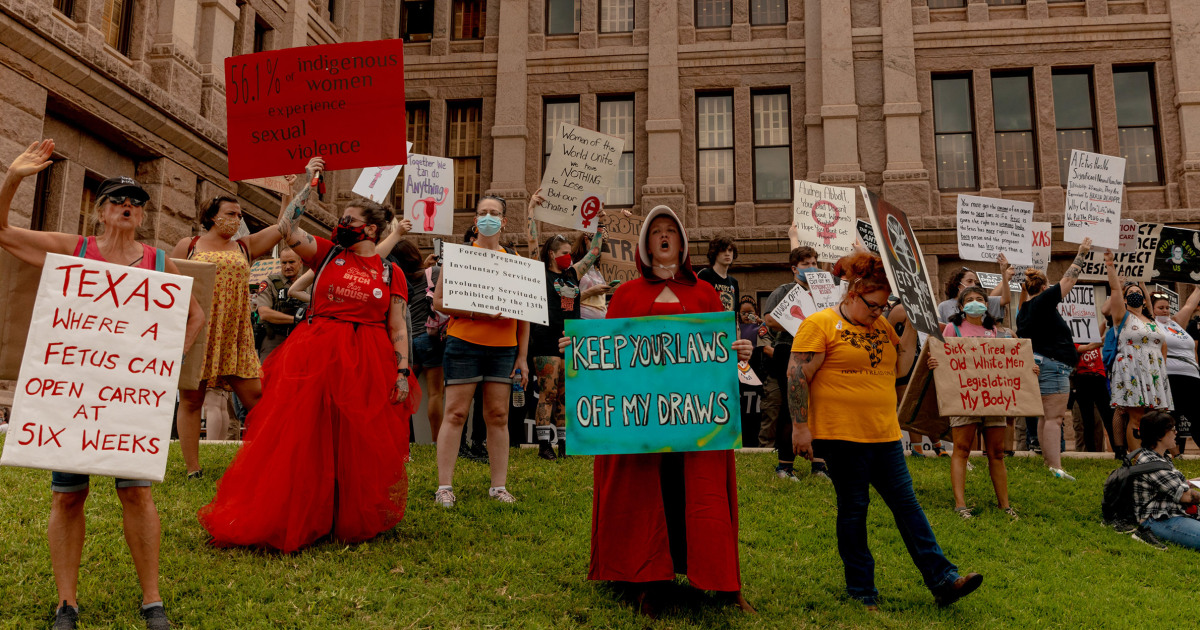
Casiano read aloud a doctor’s note that diagnosed her pregnancy as high risk, then began to sob and ultimately threw up, prompting the judge to call a recess.
After the hearing resumed, Casiano agreed with her lawyer’s assessment that she’d had a physical reaction to the emotional trauma she experienced during pregnancy.
Recalling certain events “just makes my body remember and it just reacts,” Casiano said.
Casiano is part of a group of 13 women and two OB-GYNs who are suing the state of Texas. The lawsuit, filed in March by the Center for Reproductive Rights, asks the court to clarify the types of situations that constitute a medical emergency under Texas’ abortion laws.
The Supreme Court’s Dobbs decision in June 2022 triggered a ban in Texas that outlawed all abortions, except to save the life of a pregnant woman. Prior to that, the state had banned abortions after the detection of a so-called fetal heartbeat — around six weeks into the pregnancy. Physicians who violate Texas’s abortion laws can lose their medical licenses, face up to 99 years in prison or incur fines of at least $100,000, according to the Center for Reproductive Rights.
The two-day hearing that began Wednesday pertains to a request from the plaintiffs that the judge issue a temporary injunction blocking Texas’ abortion bans from applying to high-risk pregnancies. The state has asked that the lawsuit be dismissed.
Following the testimonies, Judge Jessica Mangrum will issue decisions on both motions.
The case is the first in which women who were denied abortions have sued a state since the Supreme Court overturned Roe v. Wade.
All three women who testified cried during their statements as they recalled the trauma of carrying nonviable pregnancies. Amanda Zurawski, the lead plaintiff, said she nearly died from sepsis — a life-threatening infection — after being denied an abortion when her water broke at 18 weeks.
Ashley Brandt, a Dallas resident, said she was pregnant with twins but learned one had a fatal condition called acrania. The longer she carried it, the more it jeopardized the survival of her other twin.
Brandt traveled out of state and received an abortion in Colorado to terminate the nonviable fetus. She gave birth to a healthy baby at 38 weeks. In her testimony, she said that if she had not gotten the abortion, she would likely have given birth to twins prematurely, only one of whom would have lived.
“I would have had to give birth to an identical version of my daughter without a skull and without a brain and hold her until she died,” Brandt said.
Casiano, meanwhile, said she considered seeking an abortion in another state but was scared she might face penalties or lose her job.
“I felt like I was imprisoned in my own body,” she said.
She went into early labor in March, she said, and her baby — whom she named Halo — died four hours after birth.
“I now have a psychiatrist,” Casiano said. “I now vomit a lot more. I’ve never vomited before like that, ever, before my pregnancy. My body’s never reacted that way.”
The plaintiffs’ lawyers said Wednesday that confusion over when physicians can legally perform abortions in cases like Casiano’s results in tragedy for some Texas residents.
Attorneys for the state argued that the plaintiffs simply don’t like the way Texas’ abortion law is written, and suggested they should direct their legal challenges at their medical providers instead.
The women who testified each said they blamed Texas law, not their doctors, for their harrowing experiences. Dr. Damla Karsan, another plaintiff and a Houston-based OB-GYN, also testified that she wasn’t sure how to interpret the exemption in Texas law that allows abortions in cases with “serious risk of death or impairment.”
On Thursday, more testimonies are expected from witnesses for the plaintiffs and defense — this time primarily doctors and experts.

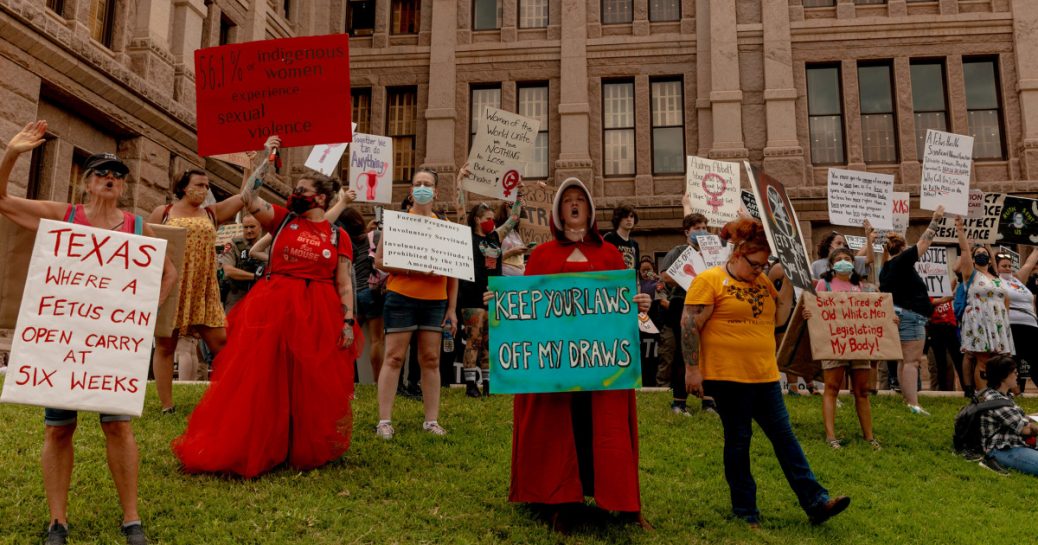



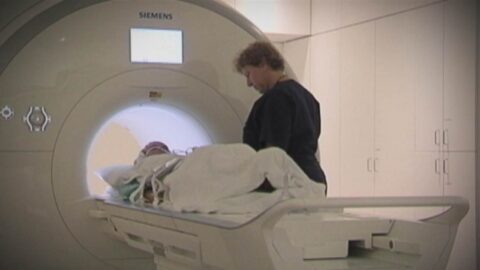
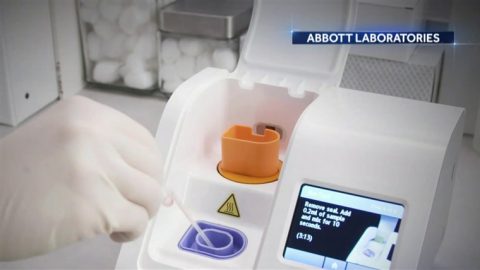
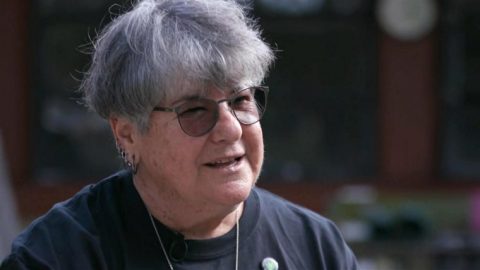

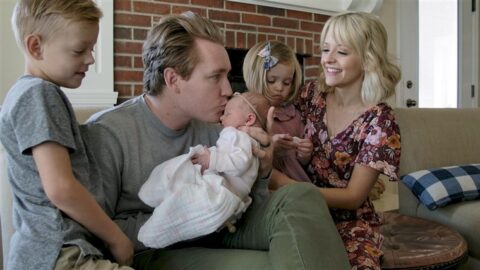
Recent Comments